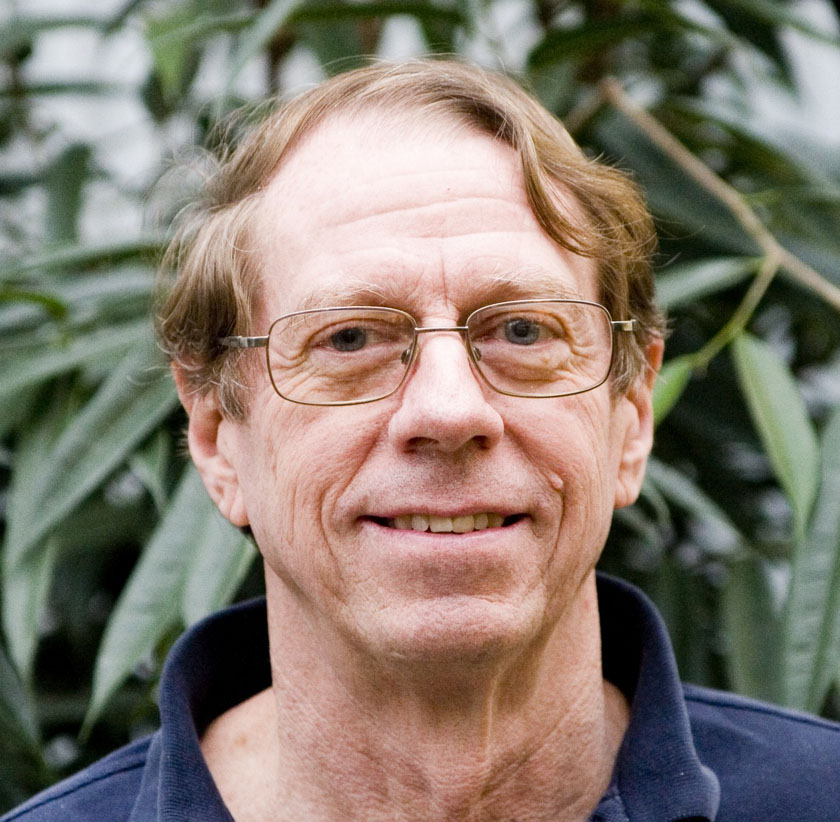Arthur Lyon Dahl

For over sixty years, Arthur Lyon Dahl PhD has combined a scientific career exploring unity in diversity in the coral reef ecosystem, work as an international civil servant and senior official of the United Nations Environment Programme (UNEP), and a lifelong Bahá’í demonstrating the harmony of science and religion. He is President of the International Environment Forum, a Bahá’í-inspired professional organisation for environment and sustainability.
He represented the Baha’i International Community at the UN Conference on the Human Environment in Stockholm in 1972, was in the secretariat of the 1992 Rio Earth Summit, and has participated in many subsequent UN Conferences on Sustainable Development and Climate Change, as well as the 1995 Summit on Religions and Conservation and other interfaith gatherings. He chairs the Religion and Environment Working Group of the G20 Interfaith Forum. He spent many years in the South Pacific organising the Secretariat of the Pacific Regional Environment Programme (SPREP) and integrating indigenous world-views and traditional science, before some years in Kenya and now settled in Geneva, Switzerland. His recent work is on United Nations reform and global environmental governance.
He co-authored “Global Governance and the Emergence of Global Institutions for the 21st Century,” and “Towards a Global Environment Agency: Effective Governance for Shared Ecological Risks”, and wrote other books including “The ECO Principle: Ecology and Economics in Symbiosis”, and “In Pursuit of Hope: A Guide for the Seeker”.
Governance from a Bahá’í perspective
Journal Article
“New models of collective decision making, generally referred to as consultation, are the foundation of this system. This is not disputation and debate driven by ego, ideology, or interest-group competition. Bahá’í consultation seeks out a diversity of views in a search for the truth, in humble detachment and a spirit of service to the community, referring always to spiritual principles including justice and collective trusteeship.”
